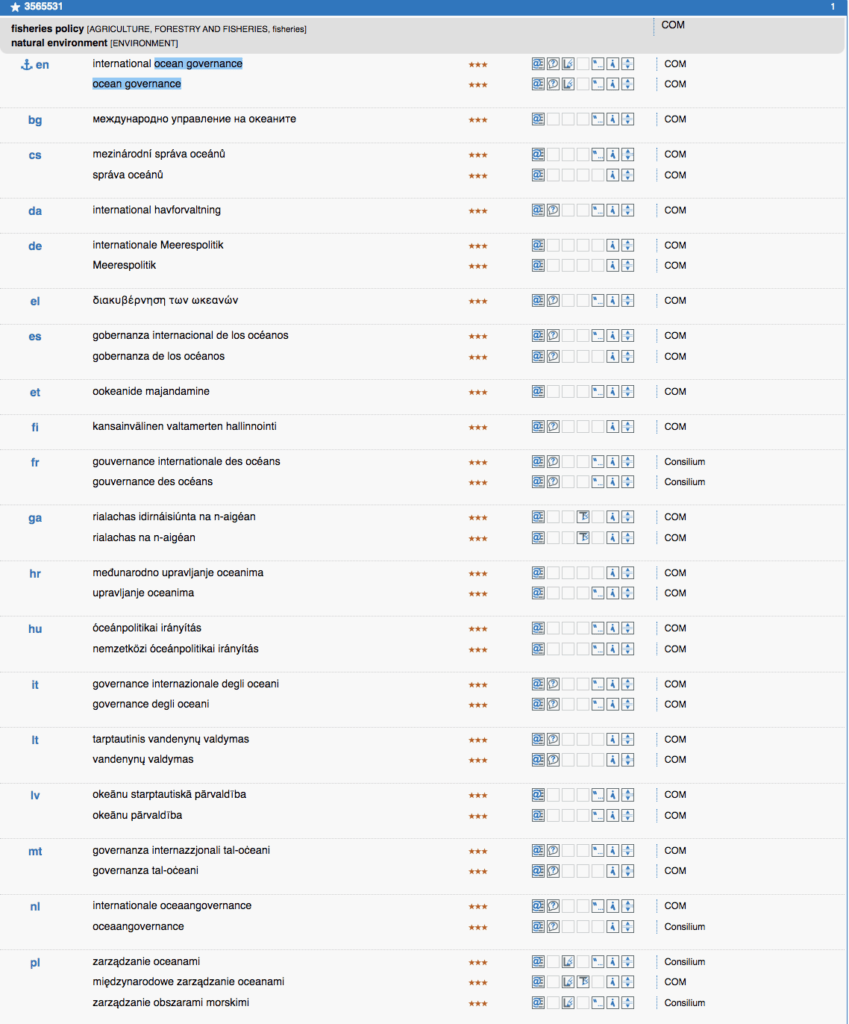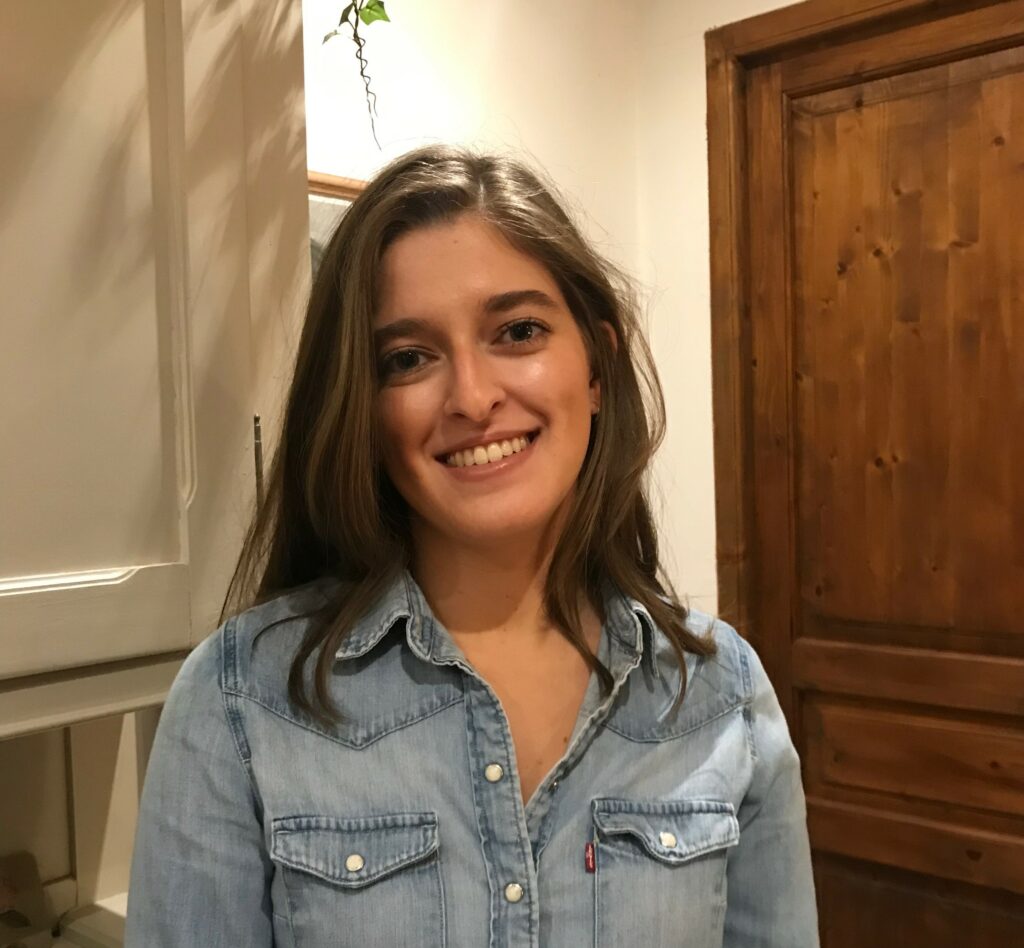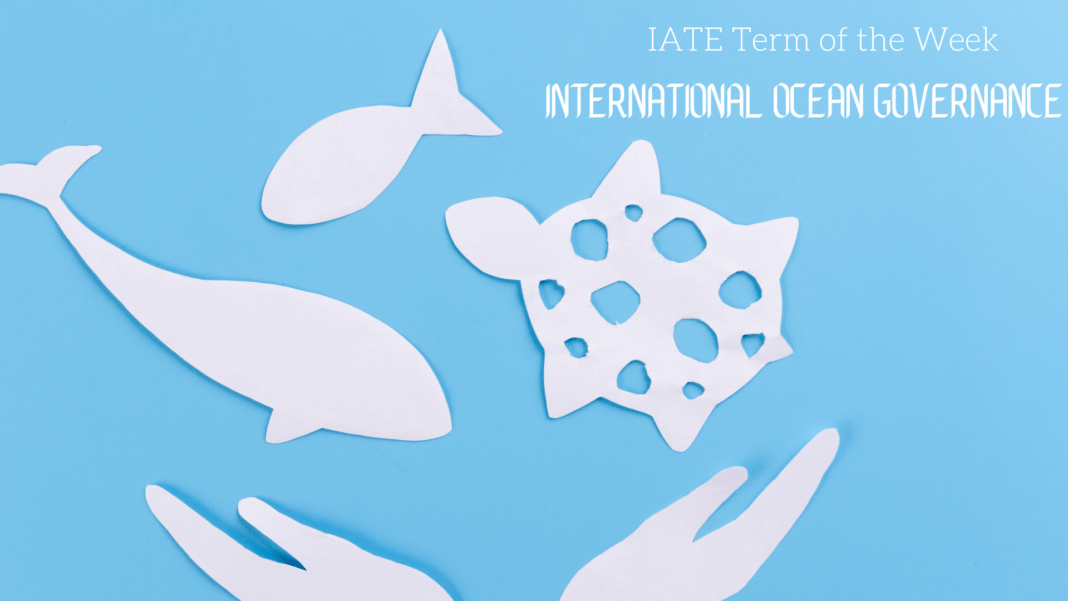In the context of climate change and the numerous environmental challenges the whole world is facing at the moment, ocean protection is one of the main points to deal with. The good preservation of oceans is vital for all forms of life and not only for the maritime ecosystem but also for human life. Oceans have been neglected in the last decades with mass tourism, marine pollution and overexploitation even though it is recognized by experts that half of the oxygen on Earth is produced by the oceans.
This year, in 2022, the European Commission and the High Representative of the European Union for Foreign Affairs and Security Policy worked jointly on an international ocean governance to set new rules for ocean protection. This program called the International Ocean Governance (IOG) is part of the European Union’s new goals for 2030 on Sustainable Development. It is also linked to the European Green Deal. At the international level, the European Union takes part in the UN 2030 Agenda andthe Sustainable Development Goal 14 on Life Below Water. Its objectives are to protect world’s oceans and numerous resources so that biodiversity can be preserved and that the damages, already very significant, are stopped.


Among the various aims of this program, the main objectives are the following:
–strengthening the ocean protection at the international level as well as regional and local levels
–reaching the goals set for the year 2030 and secure the oceans and their wildlife
–ensuring safety in seas and oceans all over the world
–increasing knowledge and awareness on oceans
To reach the goals set, the following measures are taken:
-reduce pollution in general since it can have a positive consequence on marine pollution
-ensure more sustainable fisheries and more respectful of the marine biodiversity
-increase and widen the number of collaborations and treaties at all levels in order to reach the international goals and to allow more investments
-reduce drastically plastic pollution in oceans
-reduce illegal practices, which can also affect the oceans conservation
The future of oceans has a direct impact on human life and the future generations. The European Union is then adapting its management of oceans in order to align with the current issues and with the international goals. This program was presented at the 2nd UN Ocean Conference in Lisbon this summer and will be later on discussed by both the European Parliament and the Council.
Even though, previous measures had already been taken by the European Institutions on marine preservation, the International Ocean Governance initiative is a new step and will lead to a better conservation of oceans all over the world. The launching of an International Ocean Governance Agenda for the European Union dates back from 2016 and got strengthen with the proposition of the European Green Deal by Ursula von der Leyen, the current President of the European Commission.
You can also access to the International Ocean Governance infographic here.
Resources:
European Commission – European Commission. 2022. Press corner | European Commission. [ONLINE] Available at: https://ec.europa.eu/commission/presscorner/detail/en/IP_22_3742. [Accessed 22 September 2022].
EU Maritime Affairs released today a new infographic on International Ocean Governance | perseus . 2022. EU Maritime Affairs released today a new infographic on International Ocean Governance | perseus . [ONLINE] Available at: http://www.perseus-net.eu/site/content.php?locale=1&locale_j=en&sel=481&artid=3477. [Accessed 22 September 2022].
International Ocean Governance Forum | European Marine Board. 2022. International Ocean Governance Forum | European Marine Board. [ONLINE] Available at: https://www.marineboard.eu/international-ocean-governance-forum. [Accessed 22 September 2022].
Oceans and fisheries. 2022. International ocean governance. [ONLINE] Available at: https://oceans-and-fisheries.ec.europa.eu/ocean/international-ocean-governance_en. [Accessed 22 September 2022].

Written by Cécile Mayeres
She holds a Master’s degree in Translation and Cross-Cultural Communication with a specialization in European mobility. She now does a traineeship in Communication at the Terminology Coordination Unit.

